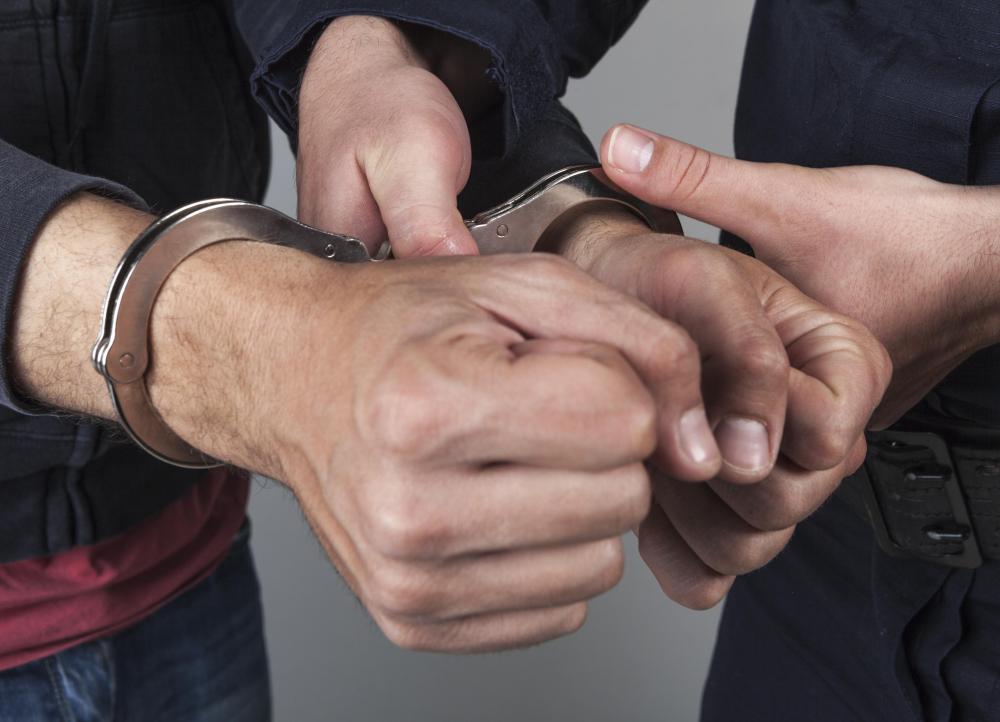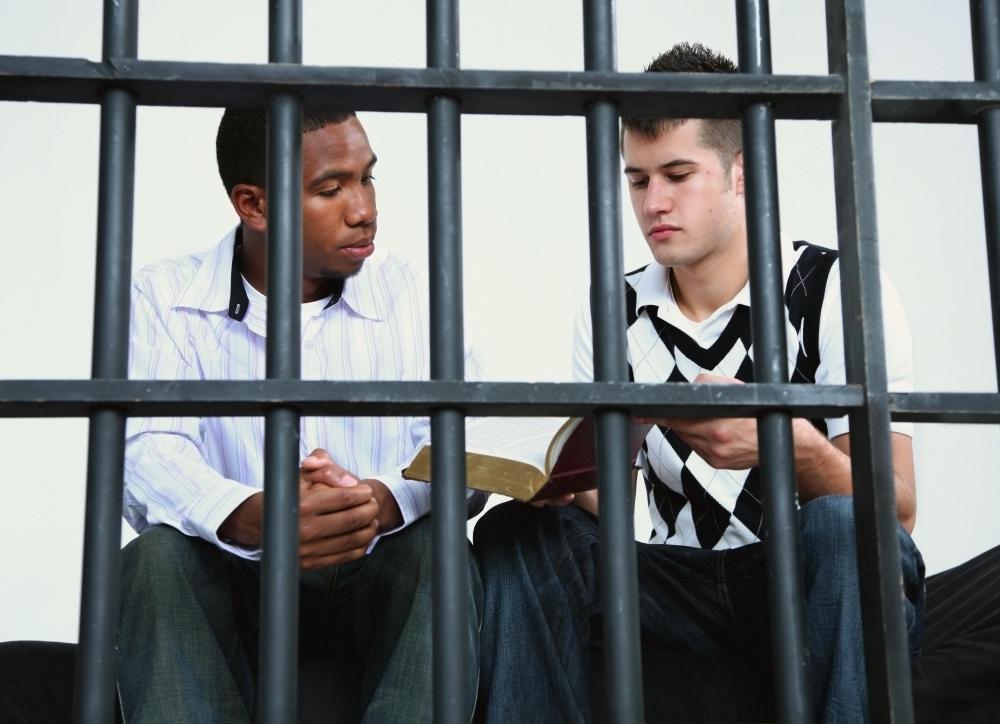At WiseGEEK, we're committed to delivering accurate, trustworthy information. Our expert-authored content is rigorously fact-checked and sourced from credible authorities. Discover how we uphold the highest standards in providing you with reliable knowledge.
What is a Correctional Officer?
A correctional officer is someone who supervises prisoners and people awaiting trial in a correctional facility such as a jail or prison. Correctional officers are also known as prison guards or prison wardens, depending on the region, and they are usually government employees. Job qualifications for a position as a correctional officer vary; generally, someone needs education in the field, and he or she may need to pass a physical fitness test as well. Prison guards who work in high security prisons often receive high rates of pay to compensate for the risky environment.
In most areas, a correctional officer is a representative of law enforcement, although he or she has no law enforcement powers outside the prison facility. In the prison, correctional officers monitor prisoner behavior, maintain order, delegate jobs or responsibilities for prisoners, and supervise transportation for prisoners who are moved to other locations such as hospitals for medical treatment. These individuals typically are accountable to a department head; they must report prison infractions and other events to this person.

As one might imagine, being a correctional officer can be very dangerous. Prison guards are required to step in and deal with prisoner disputes and scuffles, which can sometimes result in injury or death. These professionals are also the first line of defense in a prison break, and prisoners may harbor grudges against specific guards which could make their work even more dangerous. Depending on the prison, correctional officers may carry weapons and they usually have the power to initiate lockdowns and other security measures.

Educationally, a correctional officer may be required to have a bachelor's degree in law enforcement or a related field. Degrees in counseling and psychology are also encouraged. Attendance at an academy may be required before someone can start work as a correctional officer, and training typically includes a period working under the supervision of another officer. Once training is complete, a prison guard can work his or her way up through the prison hierarchy into a position of more authority and higher pay, if desired.

In addition to being potentially physically dangerous, this job can also be emotionally stressful. Working with prisoners can be very challenging, especially in prisons with large populations of prisoners with life or long term sentences. A good correctional officer can establish clear boundaries and strong relationships with the people under his or her care, maintaining control and discipline without becoming brutal.
AS FEATURED ON:
AS FEATURED ON:















Discussion Comments
OK first of all they are not known at all anymore as guards. That term is very outdated. The correct term is Correctional Officer because they do way more than just "guard" and second, if you want to be a correctional officer, some states require no schooling at all and in others you will only need to attain an associates degree in corrections which is a two-year course at a tech school. you may go on to get your bachelors but it is not necessary.
This is a good but general description of a correctional officer. The last paragraph is very interesting though as being able to "establish clear boundaries," can be the most challenging part for some officers.
This is of particular concern because of the vulnerabilities to security created when staff cross the line and identify more with the inmates than other correctional officers.
Post your comments